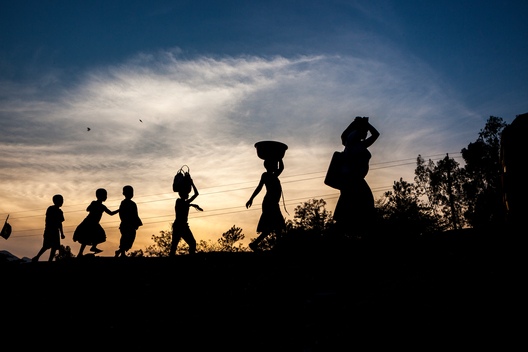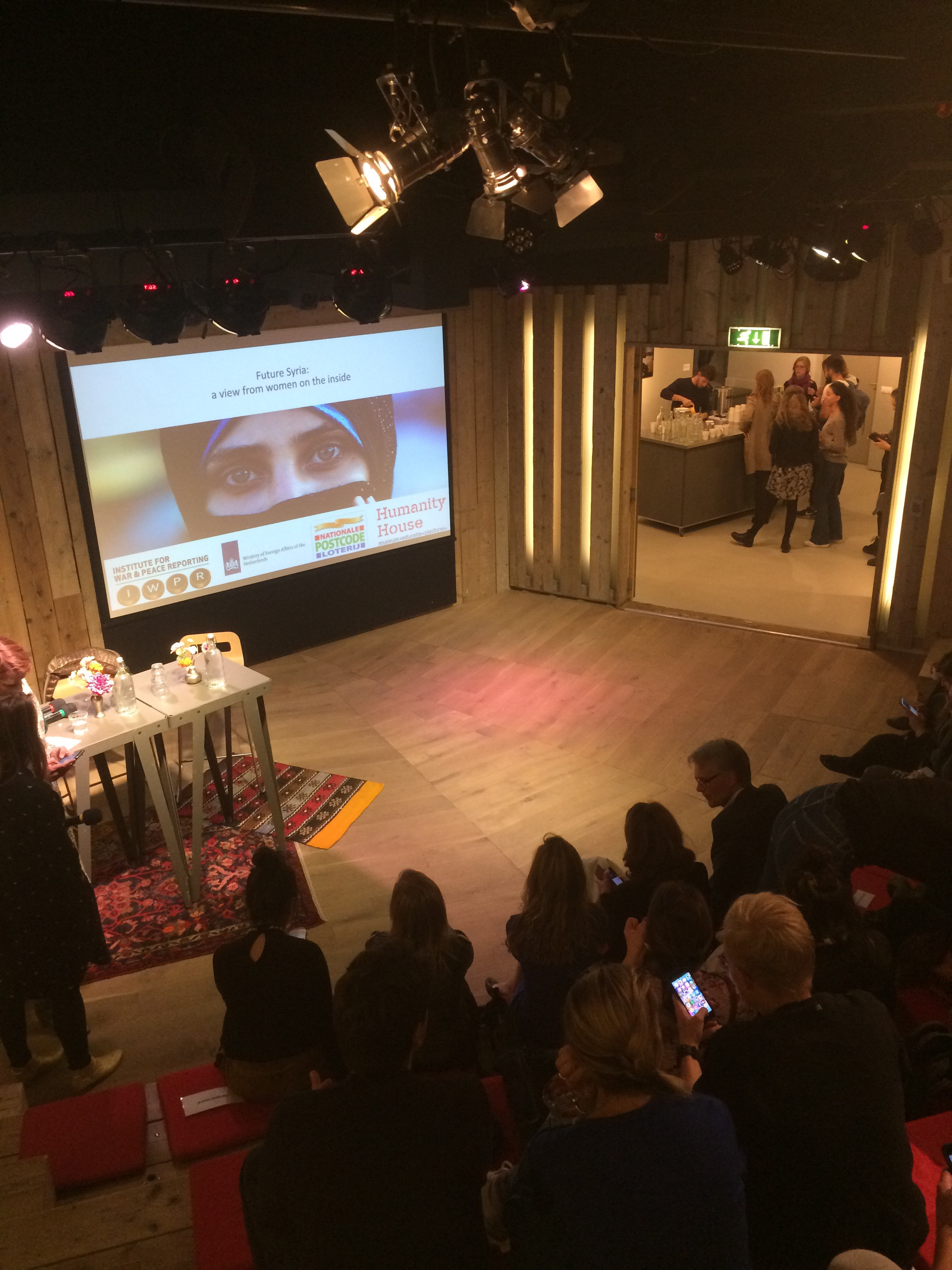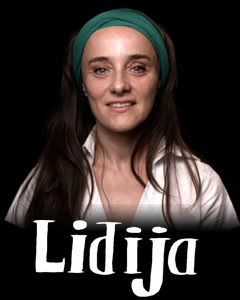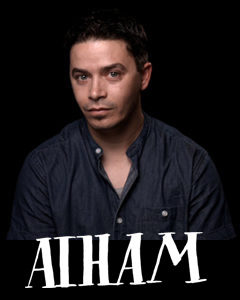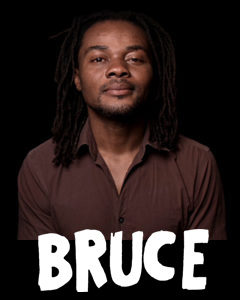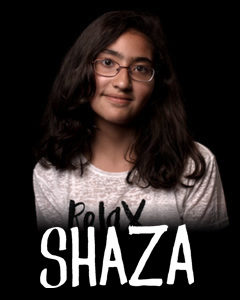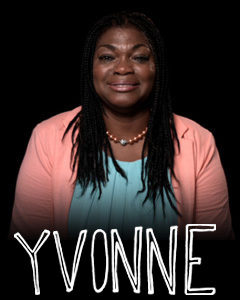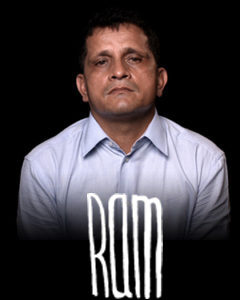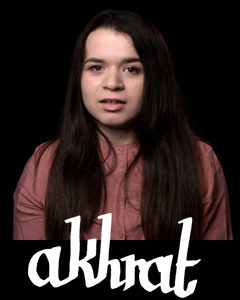Lidija Zelovic (1970), former Yugoslavia
Lidija grew up in Sarajevo, a city in Yugoslavia, where civil war erupted in 1992. In 1993 she flees to the Netherlands. She is 21 years old when her father puts her on the last airplane to leave Sarajevo.
She thinks it is just for a while, to recover from all the stress of war. But as the months pass, Lidija realizes she has left her home forever.
Years later, she returns, with her film camera. She investigates what happened, and how the war continues to influence her life and that of her friends and family. For example, she talks to a cousin who was a sniper during the war and who shot at their friends in Sarajevo. It turns out that everybody has their own version of the truth, and very few people are prepared to listen to one another’s stories. Or perhaps they cannot because they are so traumatized.
Situation in former Yugoslavia
Yugoslavia was a socialist state in the Balkans made up of the republics of Slovenia, Croatia, Bosnia and Herzegovina, Serbia, Montenegro and Macedonia. In 1991 Yugoslavia started to fall apart in a civil war.
The war (1991-1999) started when Slovenia seceded from Yugoslavia, and then spread to other regions, including Croatia and Bosnia, and only ended in 1999 in Kosovo. Lidija’s home town of Sarajevo suffered heavily during the war. For four years the city was bombarded and attacked from the surrounding mountains.
During the war, more than 140,000 people were murdered and almost 4 million people forced from their homes. The systematic murder of more than 8,000 boys and men in Srebrenica was one of the shocking low points in the war.
The Dayton Agreement was signed in 1995, officially bringing to an end the war between the Croats, Serbs and Bosnians. Tensions continued, however, and national politics are still dominated by nationalist parties.
Justice and reconciliation
When a war officially ends, it does not mean that peace automatically follows. All too often, the lingering resentment after a conflict triggers new escalations of violence. Bringing war criminals to justice can, if done in a fair and just manner, contribute to reconciliation and social rebuilding. The fragile period of transition between a violent regime and a new, democratic government is also known as transitional justice.
After a war, the United Nations Security Council can set up a tribunal to prosecute individuals suspected of committing war crimes, crimes against humanity and genocide. In 1993 the Security Council set up the first such tribunal: The International Criminal Tribunal for the Former Yugoslavia. Since then, some 161 cases have been taken against heads of state, ministers, military leaders and politicians.
The tribunals paved the way for the establishment of the International Criminal Court in The Hague, which prosecutes individuals who have violated international law. A total of 124 countries support the court, but a number of leading players, among them the United States, Russia, China, India and Israel, do not recognize it.

